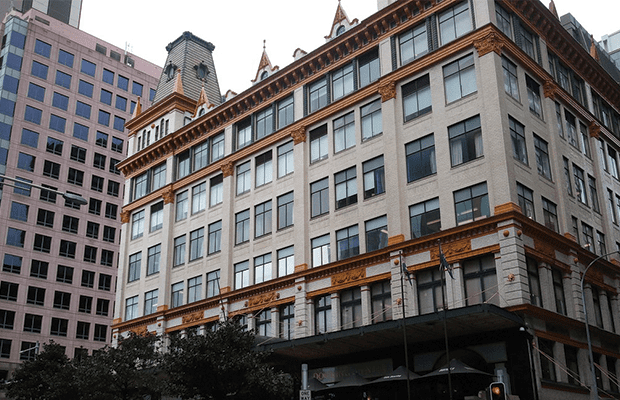UNSW student Milton Kelly, also known by his online alias ‘Mike Meyers’, has proven unsuccessful in two defamation cases in the NSW District Court.
In the first case, Kelly commenced legal action in September 2020, alleging that several Facebook posts made by other students defamed him. While in his initial pleadings he named eight students as defendants, this was later narrowed to just two, Ollie Davis and Ms Chan. Kelly was self-represented.
The first of these posts was a comment on a post on the Facebook group ‘UNSW Discussion Group’, where Ollie Davis wrote that Mr Kelly was the “local uni predator“. This comment had seven reactions. The second was posted in the comment section of the Facebook page ‘USYD Love Letters Revived’ by the third defendant, Ms Chan, reading ‘hey aren’t you that 40 yr old guy who hangs around UNSW creeping on first yrs? don’t you have a desk job to go to instead of lurking on uni pages?’. Mr Kelly alleged these posts conveyed three defamatory imputations; a) that he attended campus for illegitimate purposes, b) that he was on campus and/or the webpage for the purpose of sexually propositioning first year students, and c) that he spends time on campus sexually preying on first year students.
In his judgement published on 18 August, Judge Abadee ruled that both defendant’s comments did not identify the plaintiff, as few people were aware that ‘Mike Meyers’ was actually Milton Kelly. He noted that even Mr Kelly’s landlord knew him under his alias.
In respect of the third defendant, the Court found that they could rely on the common law defence of qualified privilege. This is a defence which recognises that in some circumstances the public interest requires frank and free communication without the threat of defamation. The alleged defamatory comment occurred in the context of a Facebook debate on the topic of interracial dating habits. When Ms Chan commented that Mr Kelly “had a reputation for propositioning first-year students”, this “bore upon the question whether Mr Kelly’s own contributions were the product of a distorted perspective shaped by his experience”. As such, viewers to the debate had an interest in receiving this information as it was relevant to the various experiences shared by Mr Kelly and Ms Chan. Even though Mr Kelly was not successful in his claims, the Court held that if he had been he would have been awarded $7,500 in damages plus general interest.
No orders were made as to the parties’ legal costs, with that to be determined later, However, the usual rule is that the unsuccessful party pays for the legal costs for both sides.
The second defamation action was commenced by Kelly against UNSW and a contractor, MSS Security, in June 2021. It was made in relation to two matters. Firstly, an entry in the Complaints Management System (CMS) maintained by the Student Conduct and Integrity Unit (SCIU) at UNSW, and secondly, an incident report by some UNSW security personnel. Both these matters related to an allegation Kelly assaulted another female student on campus. However, in his reasons published on the 2 September, Judge Weber found that only regarding the first matter (the CMS entry) was the defamatory imputation that Kelly allegedly assaulted another student established.
However, the Court found that both defendants were able to rely on the defences of qualified privilege. In this circumstance, as the publication was created under a formalised process to record, investigate, and assess student misconduct, Weber held that both common law and statutory qualified privilege were established.
Kelly was ordered to pay the defendants’ costs.
Both these cases may add fuel to the fire in the fight for defamation law reform. University students may be increasingly concerned that any online comments they make around other students may open the risk they are subjected to expensive, time-consuming, and stressful litigation. While costs can be recouped, the lost years spent in a courtroom instead of enjoying one’s youth cannot be.





